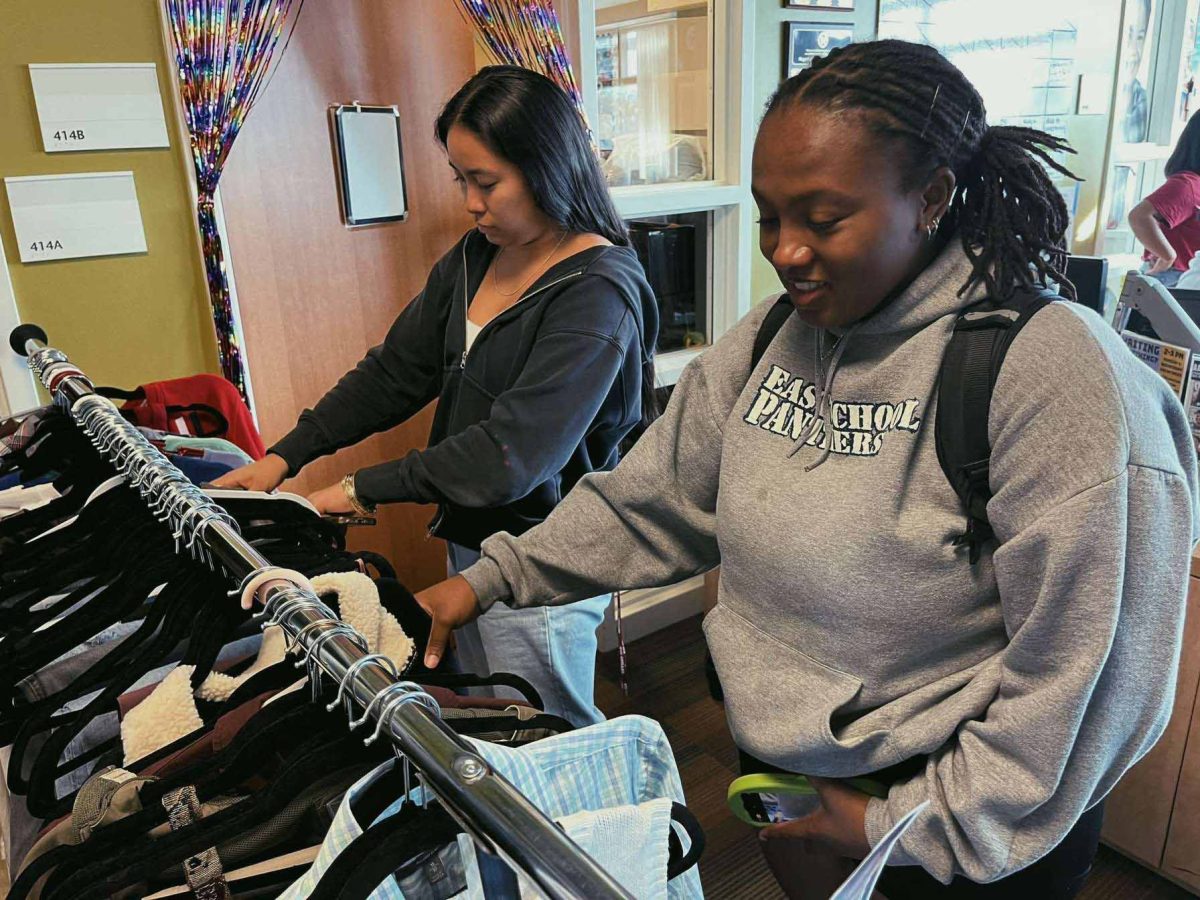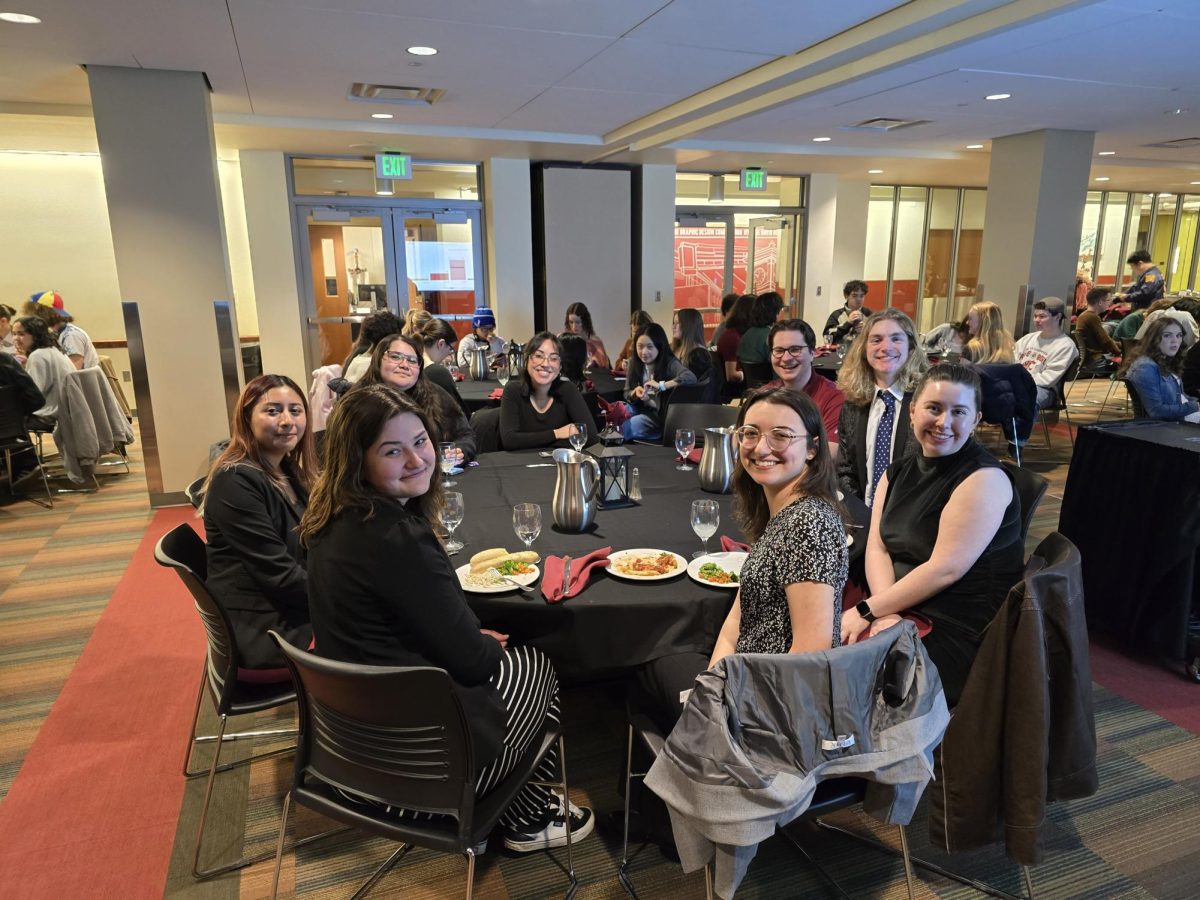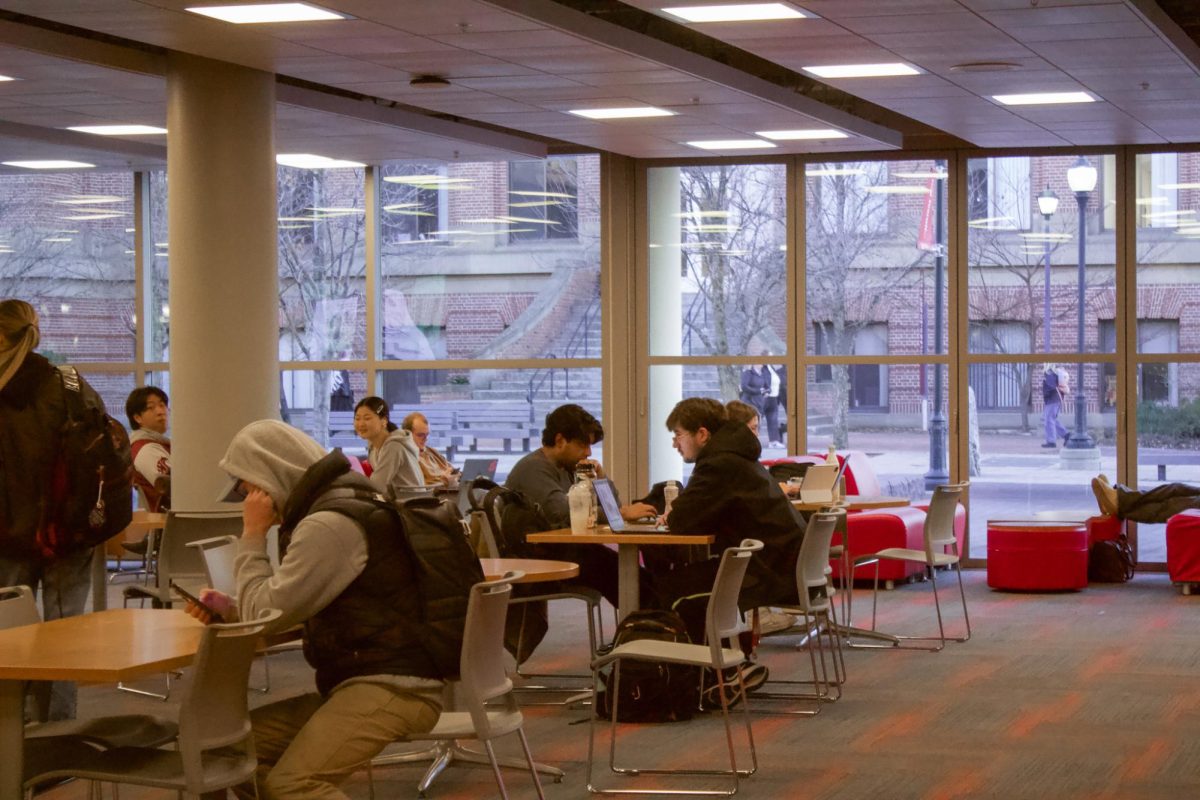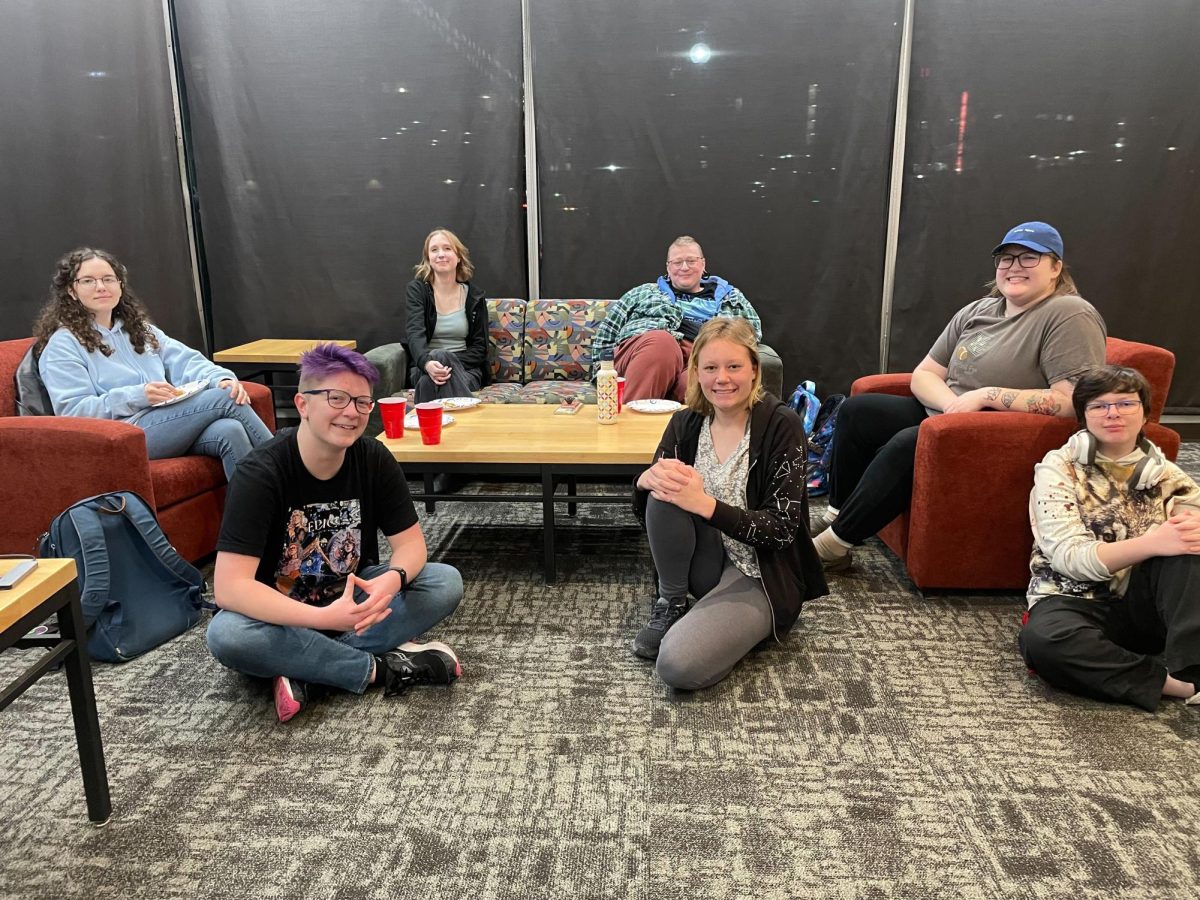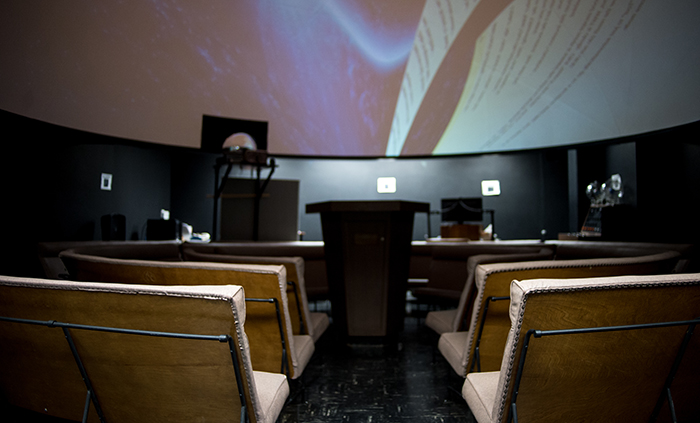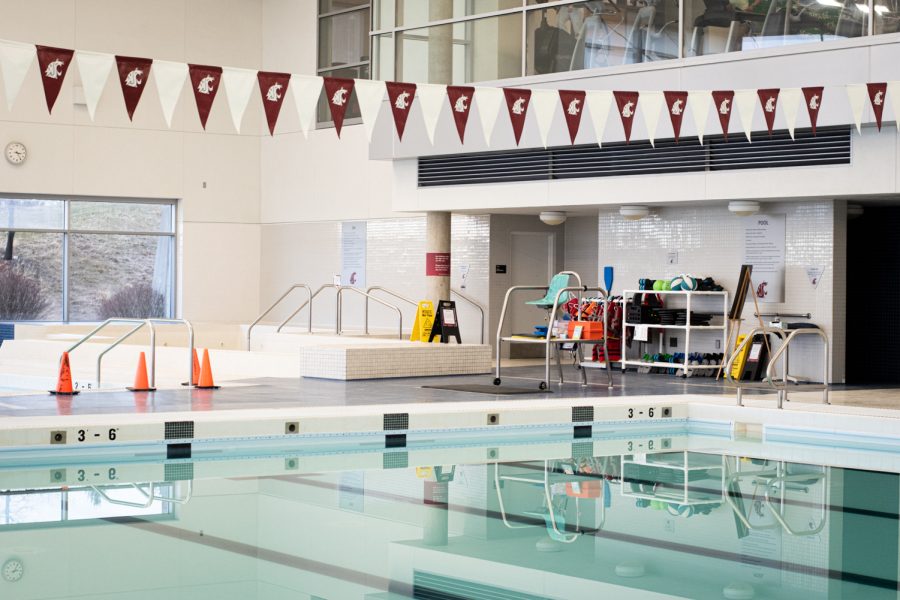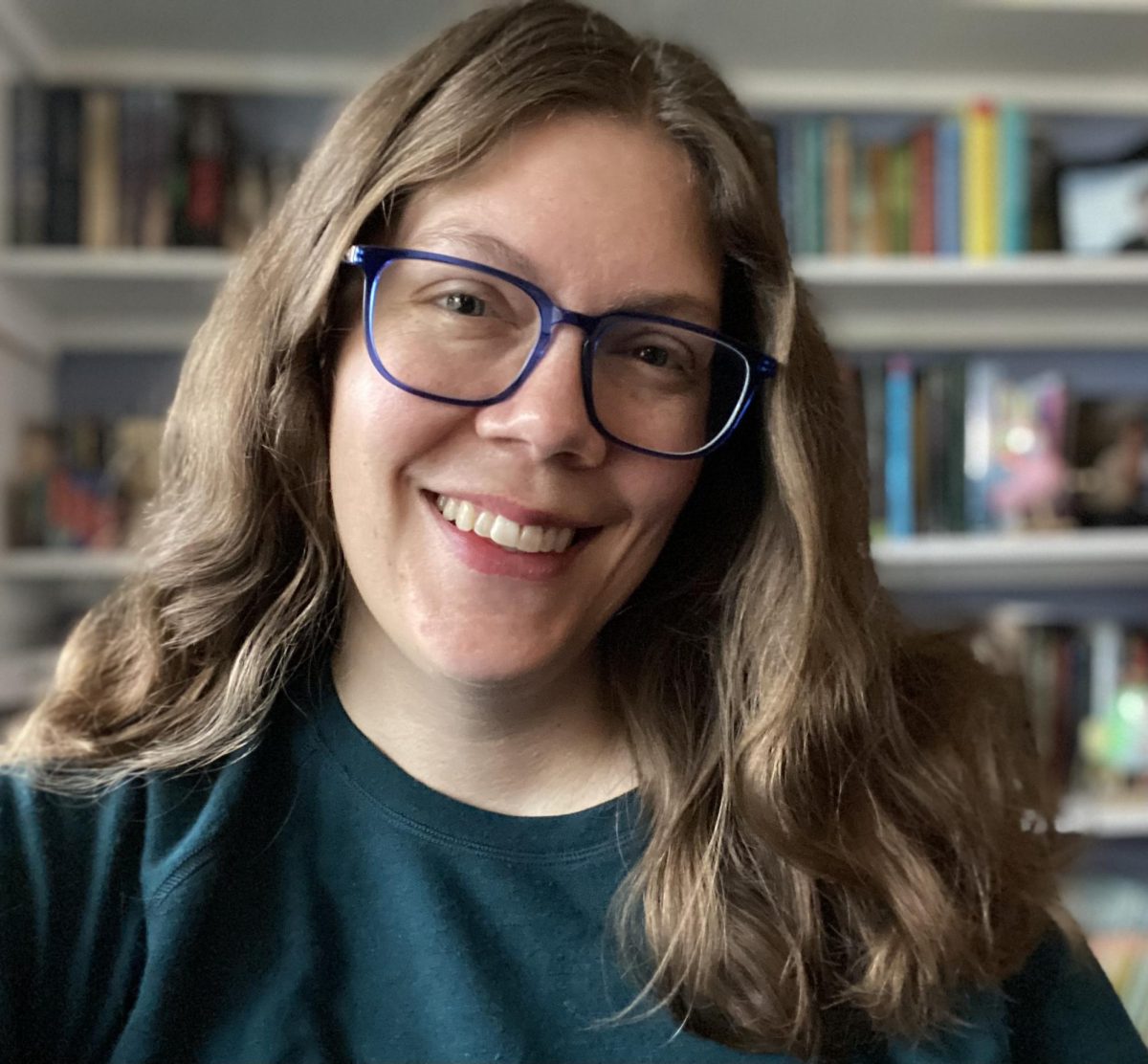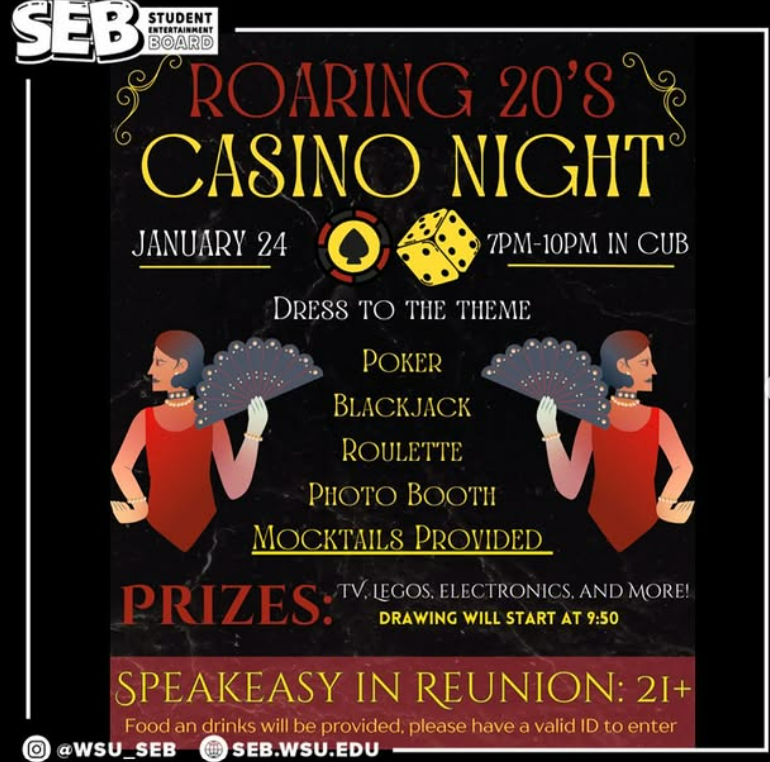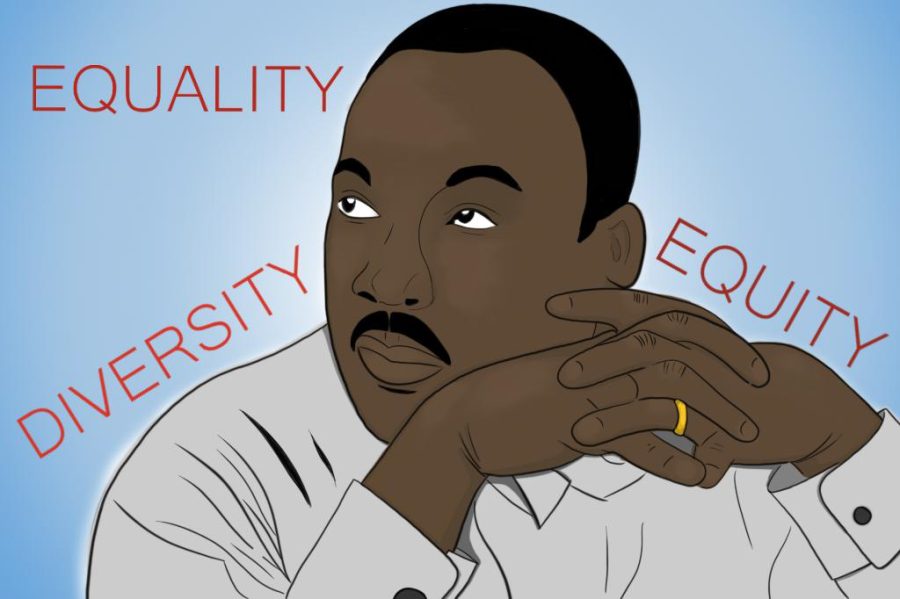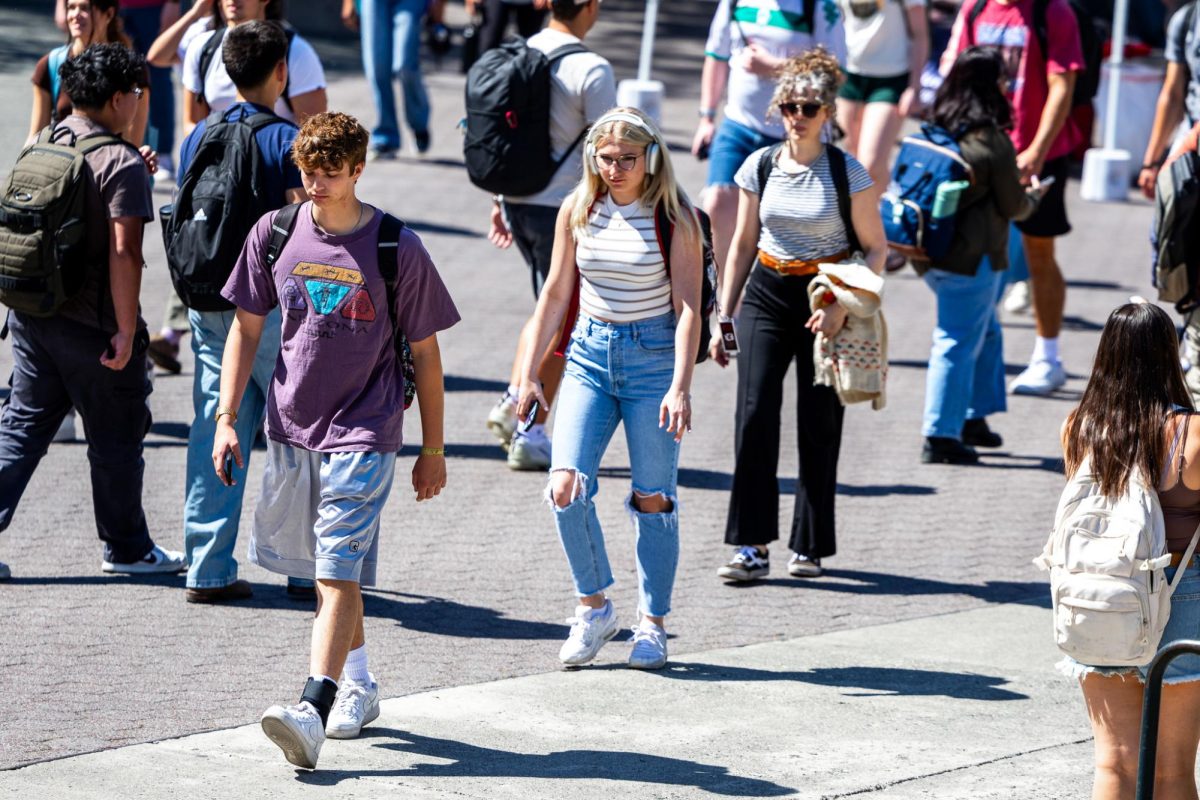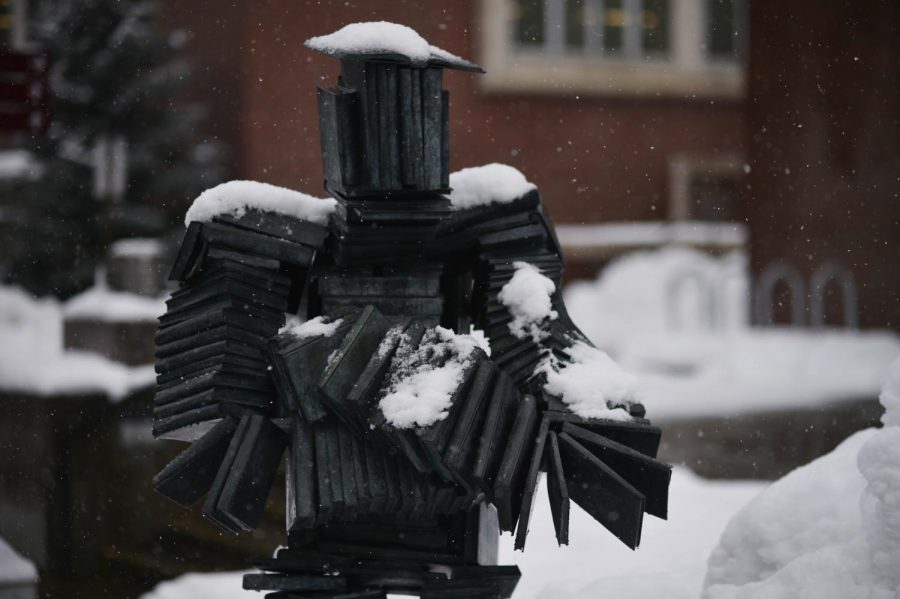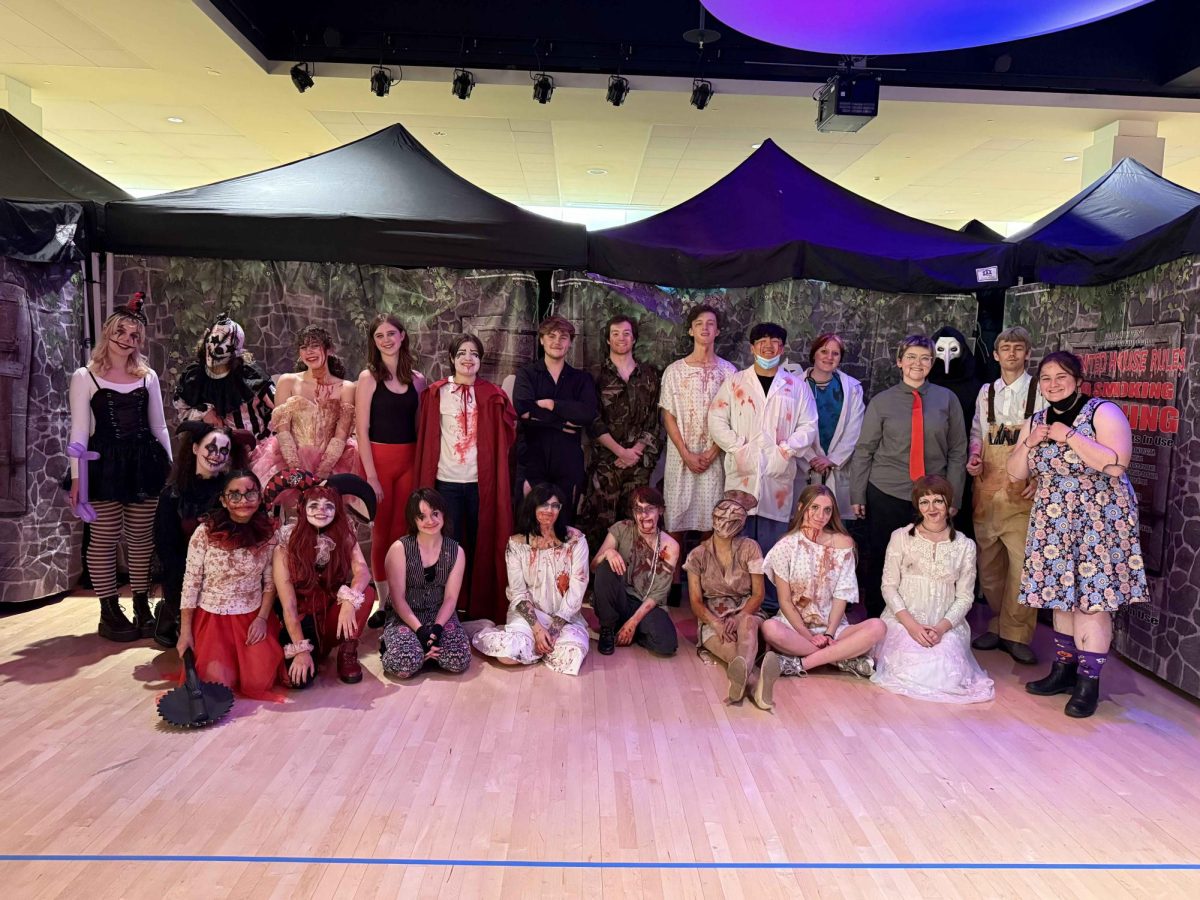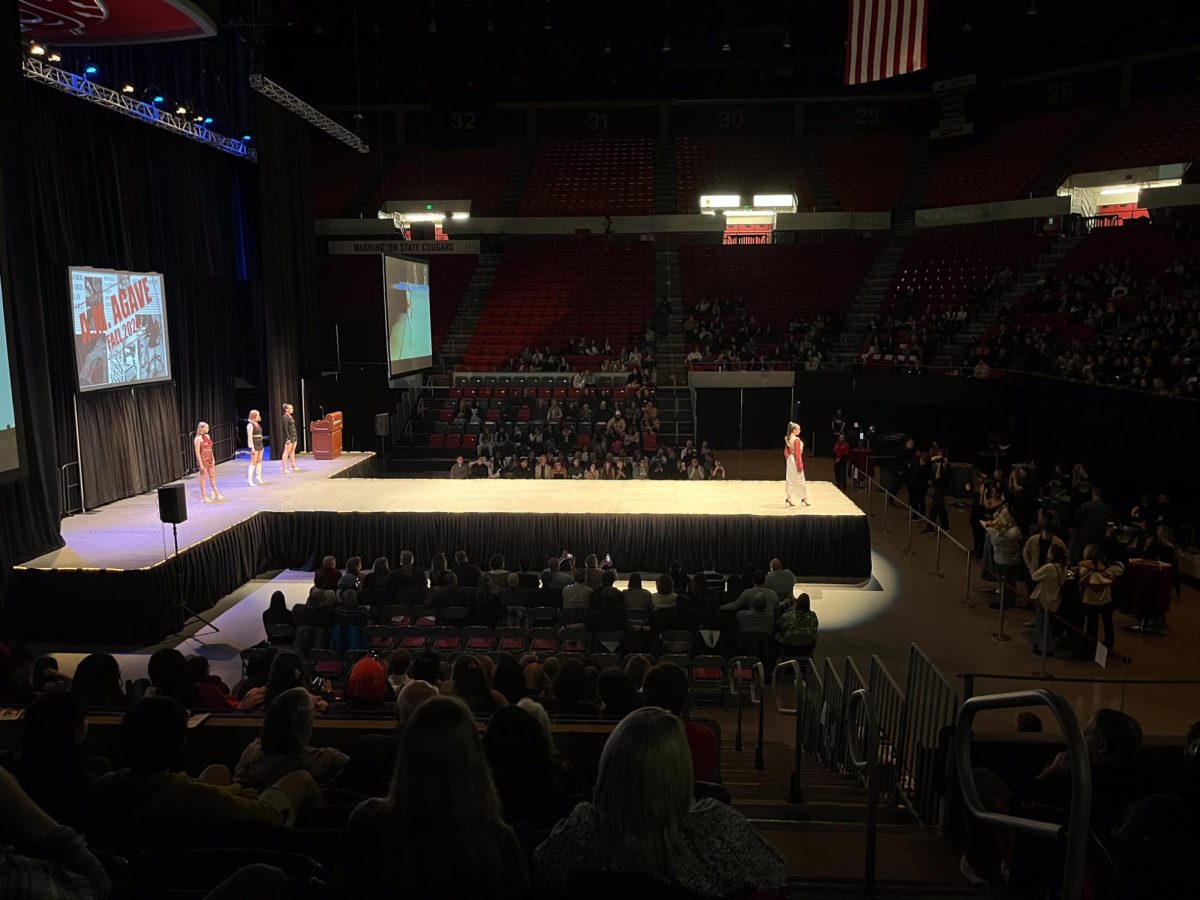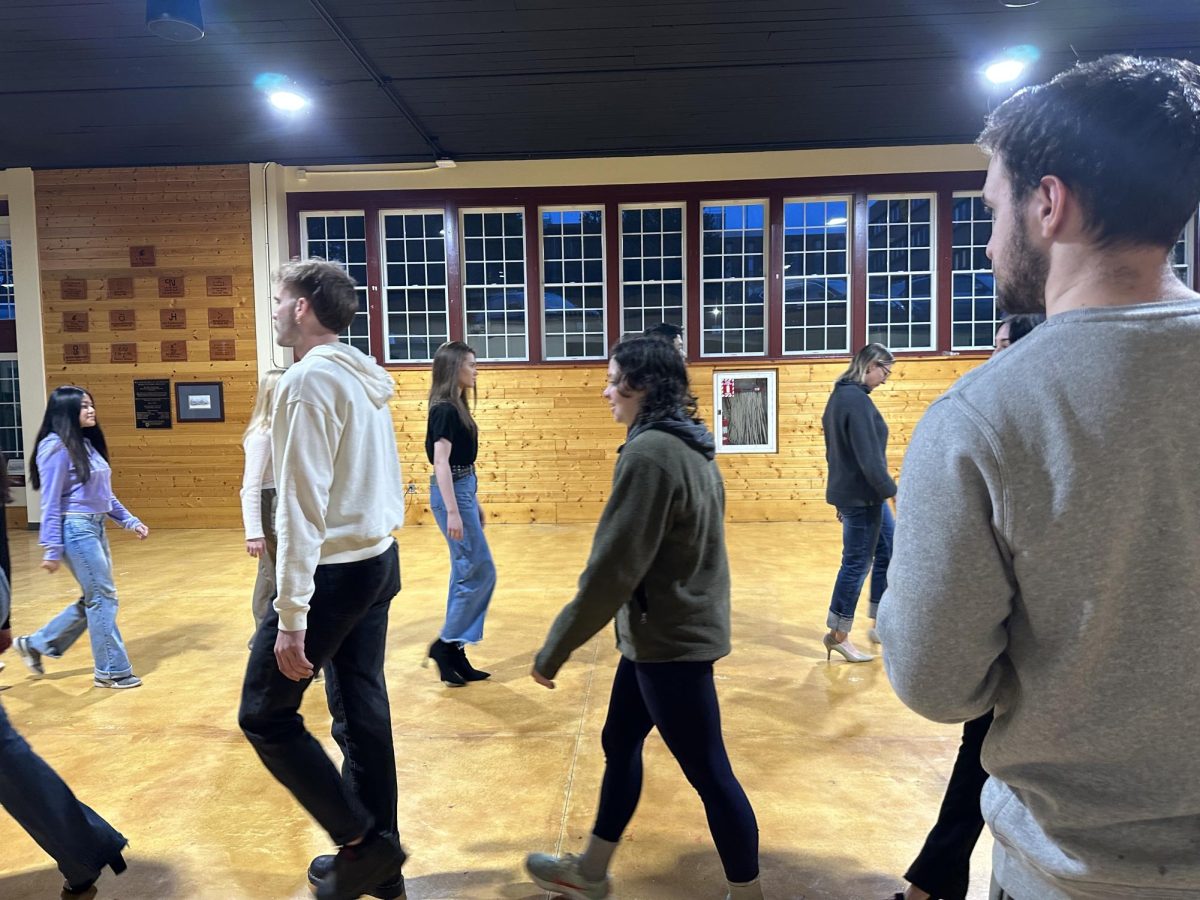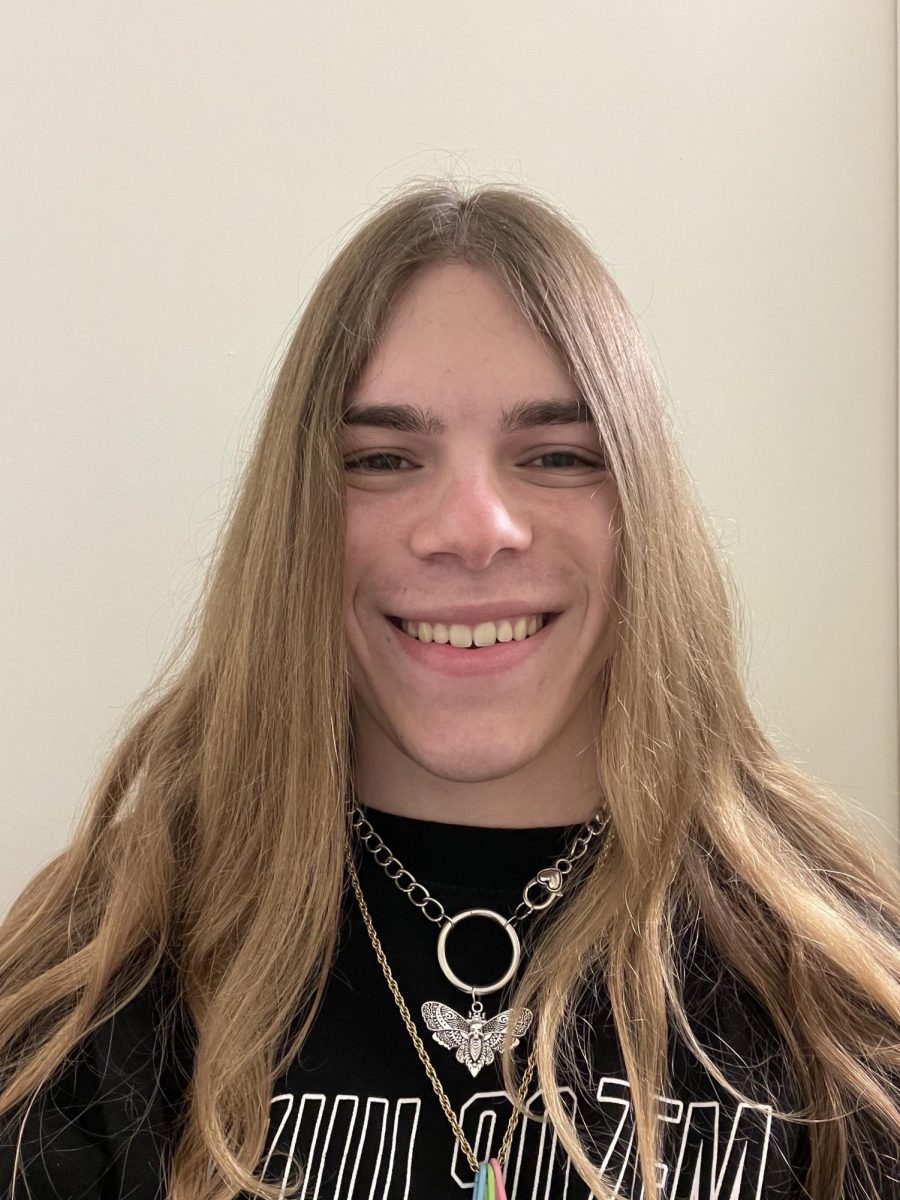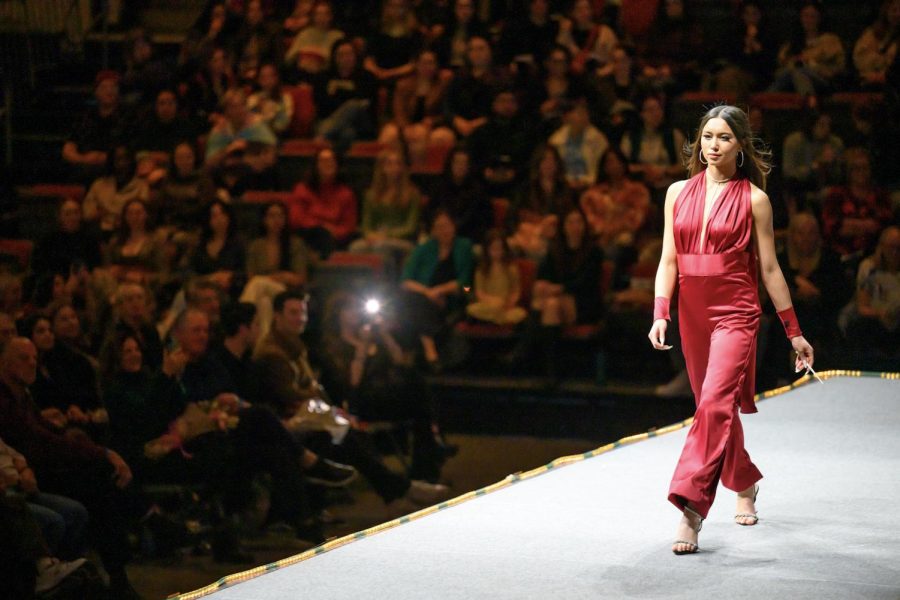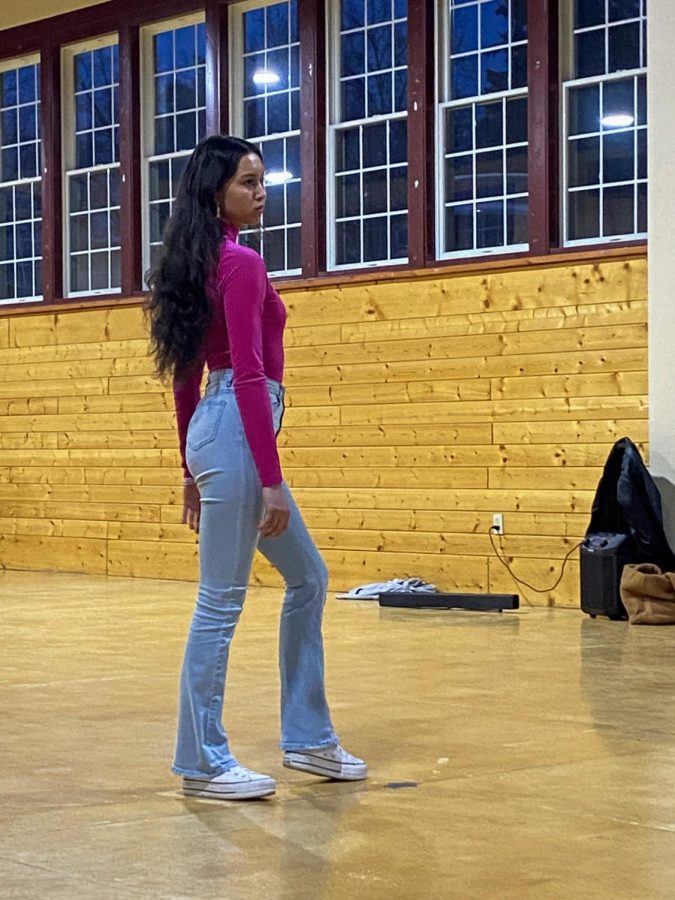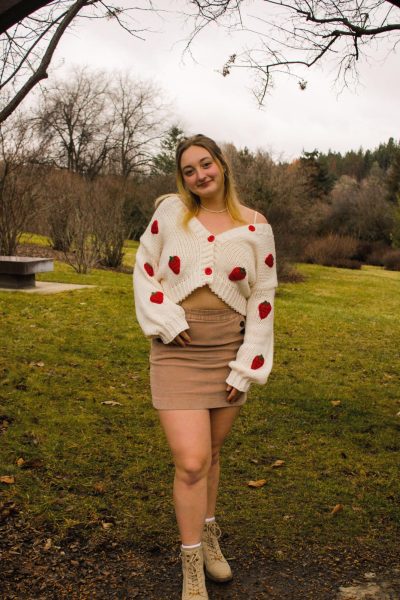The Asian American and Pacific Islander Student Center hosted a pop-up event in conjunction with the LGBTQ+ Center from 2–4 p.m. Oct. 21 promoting the fluid fashion closet.
The fluid fashion closet is located in LGBTQ+ Center in Compton Union Building 401. The center accepts clothing donations and makes them available to all students for free. AAPISC Compass mentor Teann Manser said the closet exists to allow students to have viable options of gender-affirming clothes to wear that they are comfortable in.
“We try to keep it current, modern and relevant,” Manser said.
About 30 students attended the two-hour event. Students listened to a brief presentation on the event’s purpose by Compass mentors from both the LGBTQ+ Center and the AAPISC.
Lannan Ruiz, Teann Manser and Olivia Nguyen, all Compass mentors for either the LGBTQ+ Center or AAPISC, put on the event and led a brief informative talk at the beginning of it. They said that gender-affirming clothing refers to clothing that helps a person express however they are feeling, regardless of gender; if one wants to express their masculine, feminine or non-binary side they can do so through clothing.
“It’s a very broad definition,” Manser said. “It really is just to make yourself feel more confident with the clothes that you put on your body.”
Afterward, the students were free to browse the clothing rack.
Manser, who arranged this pop-up, said pop-ups have only been hosted at WSU for two semesters. Although the fluid fashion closet has been around for a while, Manser noticed other centers were not utilizing it. She said she arranged the pop-up event so other communities could be more aware of the resources that they have access to.
“Gender-affirming clothing does help your mental health and it helps a lot of aspects of your life,” Ruiz said.
Shanna Shomour, a student who attended the event, said she stopped by because it was a new event. She thought the fluid fashion pop-up was important for representation because gender-affirming clothing encouraged inclusivity and did not leave anyone out.
“It is still a topic that is, in a sense, taboo in some cultures,” Shomour said.


